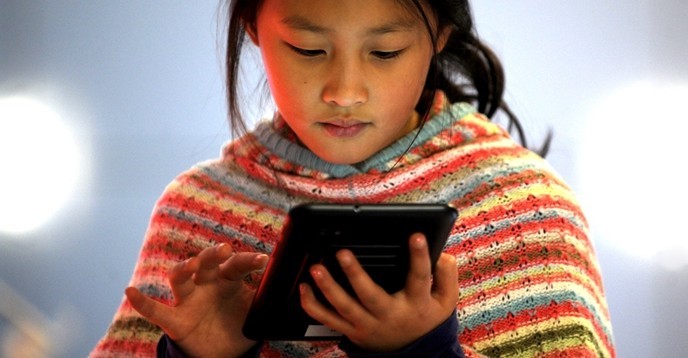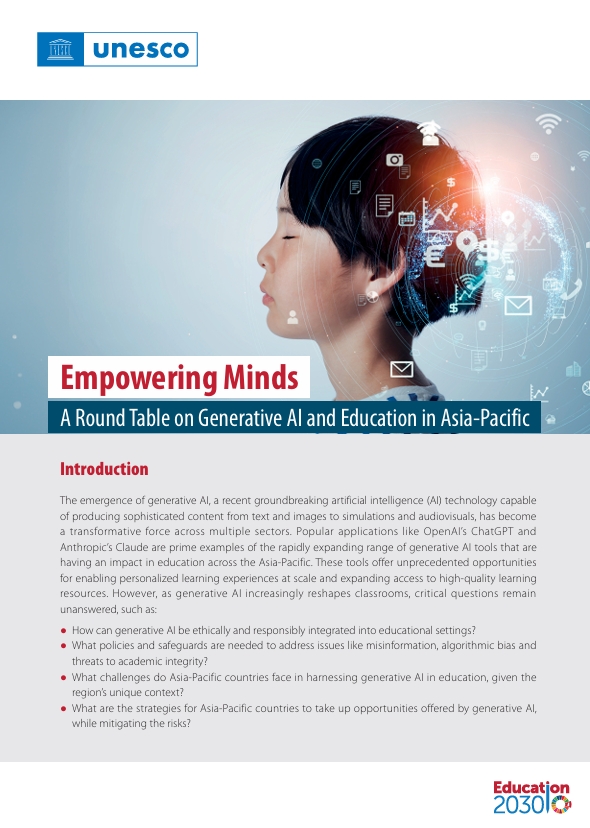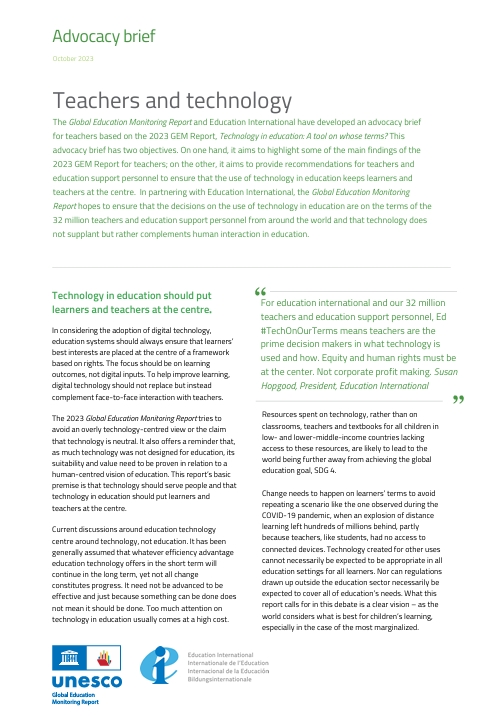Story Source: UNESCO ~ Go to Original Article
Two innovative projects to ensure quality education have been selected to receive the 2018 UNESCO King Hamad Bin Isa-Al Khalifa Prize for the use of ICT in Education. They are: the ThingLink learning technology from Finland and the Can’t Wait to Learn programme from the Netherlands.
This year’s Prize focuses on leveraging innovative technologies to deliver quality education for vulnerable groups impeded by cultural and economic barriers, personal disabilities, gender inequalities, or crisis-affected situations. It also highlights the use of integrated solutions that blend conventional technologies with cutting edge applications.
ThingLink is recognized for its visual learning technology, an innovative and affordable digital tool to foster learning for all, including people with disabilities or limited ability for expression. Over six million teachers, students, and educational content professionals worldwide used the tool to document learning experiences, practice digital literacy skills and develop cultural awareness through virtual visits. The technology supports various learning styles and, therefore, helps customize lessons to meet learners’ individual needs.
The Can’t Wait to Learn programme of War Child Holland is selected for its fast, effective and value-for-money solution to deliver quality education in emergency needs. The programme offers children affected by conflict the opportunity to learn through custom-made educational games on tablets. Currently operating in Sudan, Jordan, Lebanon and Uganda, it is replicable in different emergency contexts and is backed by a number of partners from the public and private sectors.
The two winners were chosen on the recommendation of an International Jury of educational experts from the 139 nominations submitted by the Governments of UNESCO’s Member States and UNESCO partner organizations.
Established in 2005 and supported by the Kingdom of Bahrain, the Prize annually rewards individuals and organizations that put new technologies to innovative use in enhancing teaching, learning and overall education performance. The Prize provides the laureates with international recognition, as well as a diploma and a monetary award of USD 25,000 each.
UNESCO’s Director-General and the Minister of Education of the Kingdom of Bahrain will award the Prize to the two laureates in a ceremony at UNESCO Headquarters in Paris on 12 March 2019.
In the morning of 12 March, the laureates will present their projects in a Laureates’ Seminar (10 am to 11.30 am, Room IV).
****
More about the Prize: https://en.unesco.org/themes/ict-education/ict-education-prize






